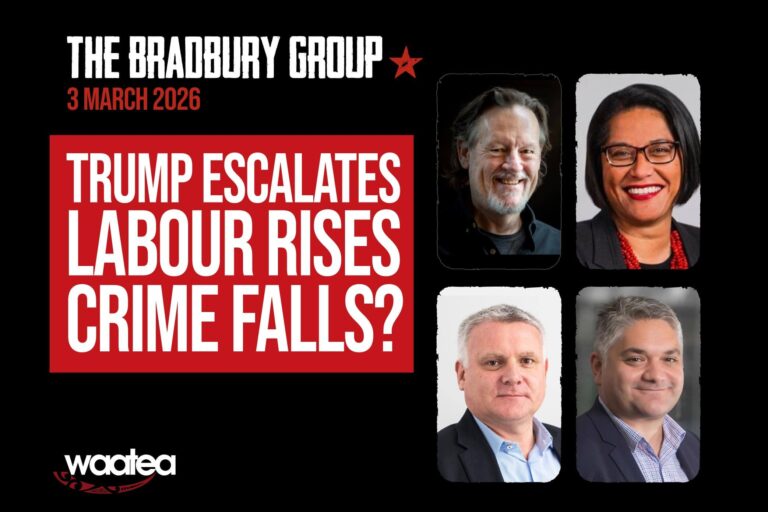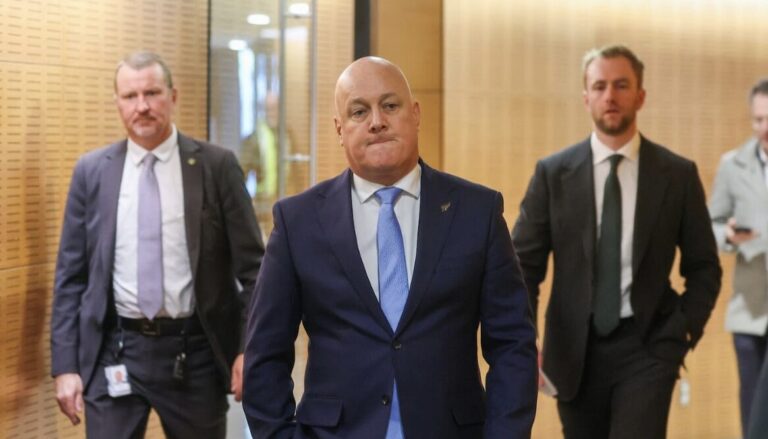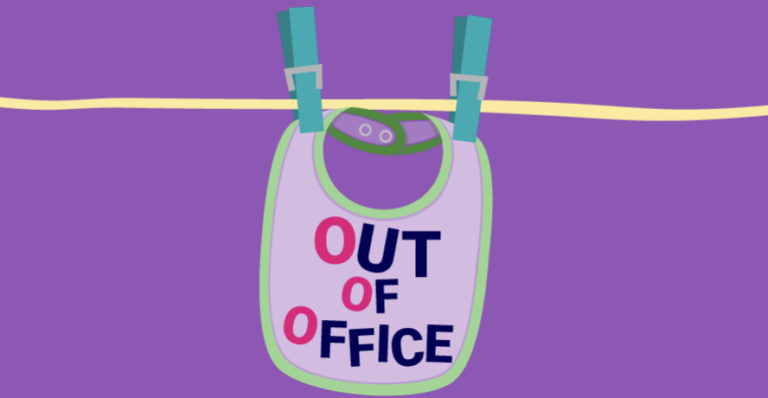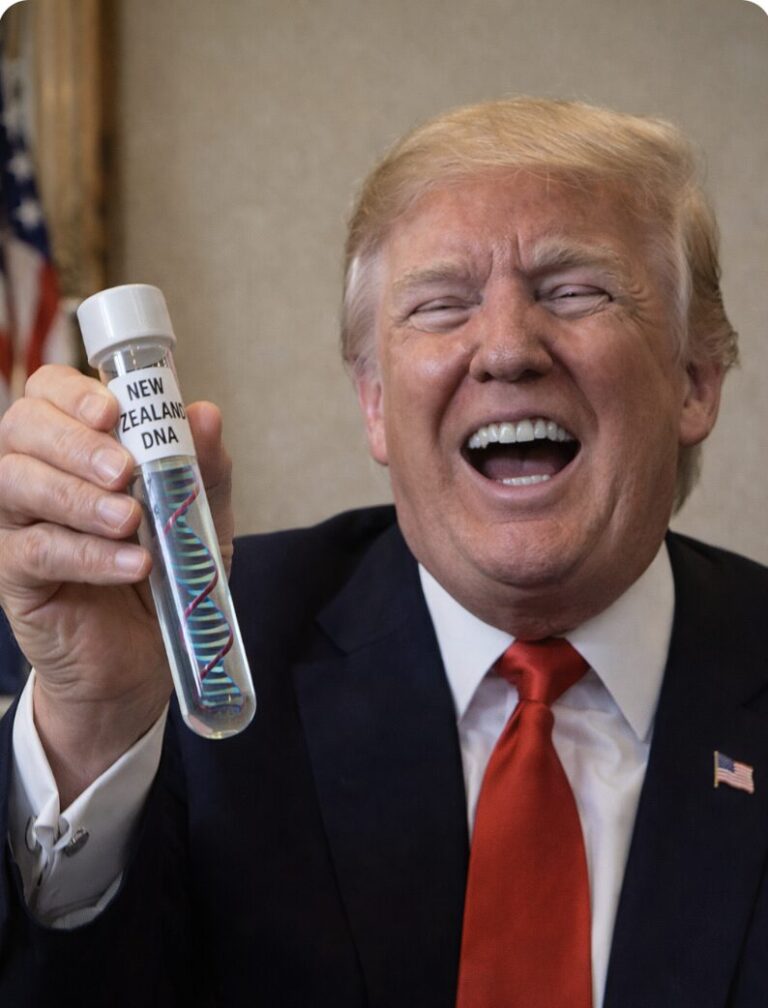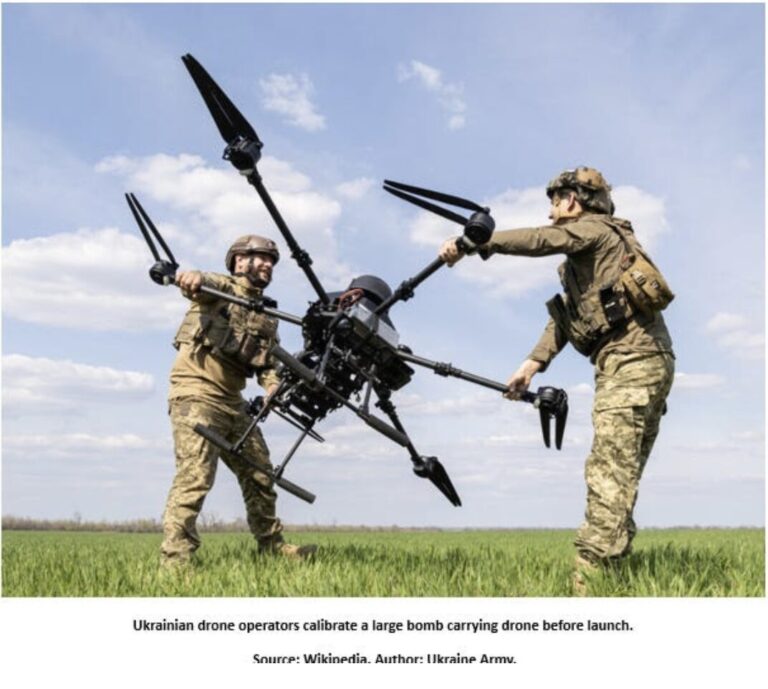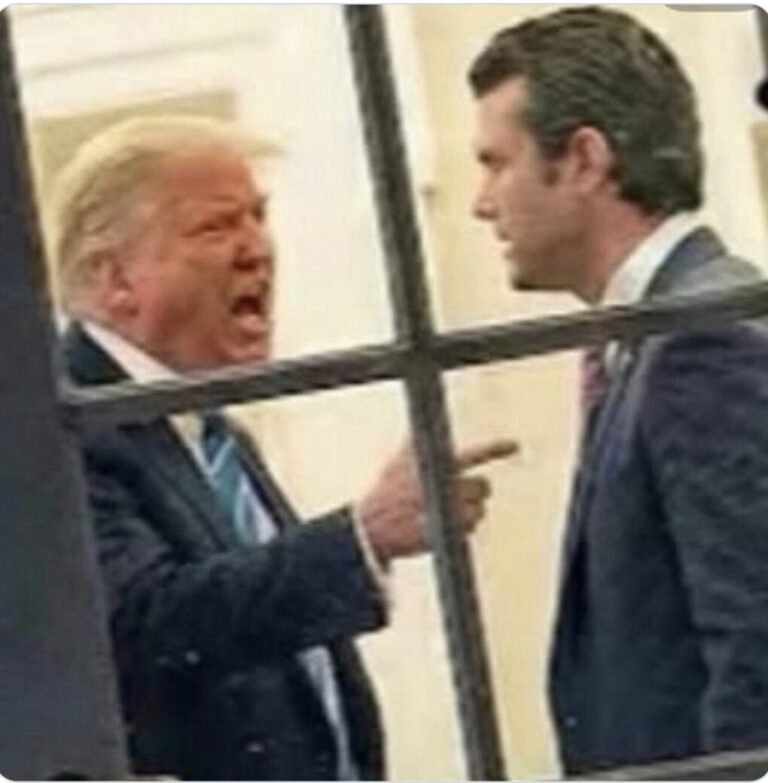CAFCA Welcomes Labour’s Big Shift On Foreign “Investment”
The Campaign Against Foreign Control of Aotearoa (CAFCA) applauds the Labour Party for recognising the harm that dependence on overseas “investment” is doing to the people of New Zealand.
CAFCA Organiser Murray Horton says Labour Leader Chris Hipkins’ signal that the Party wants to retain more business profits in Aotearoa and reduce the number of skilled Kiwis leaving the country is very positive.
“Mr Hipkins said that: ‘For too long we have leaned on overseas investment and too often the jobs and wealth that start here end up offshore’. He also said we need a Government that backs our people, our ideas, and our industries so our people and wealth stay here at home,” Horton says.
“CAFCA could not have said it better. In fact, we have been saying the same thing for 50 years as Governments of both flavours have made it easier for overseas corporates to buy local businesses”.
Horton says Labour’s fresh approach comes at an important juncture because the ACT-National-NZ First government is currently pushing a Bill to make it even easier for overseas investors to gain access to New Zealand resources.
“Kiwis are constantly told that ‘We need overseas investment’. What we have had, however, is not foreign investment, but foreign takeovers”.
“We do not see overseas investors building up green field businesses that create jobs and bring in new technology. Instead, foreign companies buy farms and businesses that Kiwi entrepreneurs or the Government have created, and the returns to New Zealand are minimal at best”.
“They suck profits out our country, they do not create more jobs, and while we are told we need overseas money to pay off the national debt, our debt has increased as overseas ownership in the economy has grown”.
CAFCA’s Website (see below) provides figures on the impact of overseas takeovers in Aotearoa.
Based on Government statistics, the figures show that in the 2023-2024 financial year transnational corporations extracted profits of $11.1 billion from the NZ economy. In the 2022-2023 financial year they extracted $12.2 billion, and over the last decade, their annual profits averaged $9.9 billion.
In the decade 2015-2024, overseas corporations made $99.5 billion in profits from New Zealand. Over that time they only reinvested 33.6% of these profits back into the NZ economy.
“Foreign investors make massive profits here and they are not great for employment either,” Horton says. “They only employ 17% of the workforce and this has steadily declined from 20.5% in 2000″.
“Foreign ownership can add to unemployment. Over the past couple of years, for example, we have seen a number of manufacturing businesses close in the regions because power prices have jumped and overseas companies have decided they can operate more cheaply in other countries”.
Neither has foreign ownership improved New Zealand’s foreign debt problem. In 1989, total private and public foreign debt stood at $47.5 billion, about two-thirds (67.8%) of NZ’s GDP. In March 2024, it was $363.6 billion, or 87.5% of our GDP, despite all of the asset sales and takeovers that have occurred in that time.
Horton says CAFCA is very concerned about the Government’s Overseas Investment Amendment Bill, currently making its way through Parliament.
Among CAFCA’s concerns are changes that would speed up approvals for overseas takeovers and that would make it easier for overseas companies to buy forestry land or sell bottled and bulk water overseas.
Bill Rosenberg and Jane Kelsey are long-standing experts in this field. They have have alerted the public to the fact that the Bill weakens the current special forestry test, which holds that a sale of forestry land must pass a Benefit to New Zealand test.
The new Bill also removes the current investor test, which examines the character of a potential overseas buyer of forestry land. The character test examines whether the an investor has been imprisoned, fined, or penalised for illegals acts.
Proposed amendments to the Overseas Investment Act also remove protections on sensitive land that is not residential or farm land. This would make it easier to sell offshore islands, marine and coastal areas, conservation land, and land subject to a heritage order or wahi tapu.
A mining company looking to buy or lease land native forest on an offshore island or coastal area for exploration or mining would no longer have to undergo the benefit to New Zealand test or investor test, for example.
This month CAFCA celebrates its 50th anniversary. To mark the occasion It will hold a day-long programme of speakers at the WEA, Christchurch on Oct 25th.
Founded in 1975, CAFCA wants Aotearoa to be economically, militarily and politically independent. It opposes the exploitation of Aotearoa’s people and resources by foreign companies and it opposes foreign military and intelligence activities in Aotearoa.
Statistics on the presence of transnational corporations in New Zealand’s economy are available on the CAFCA website: www.cafca.org.nz/foreign-direct-investment-figures/2020/02/cafca-key-facts.

